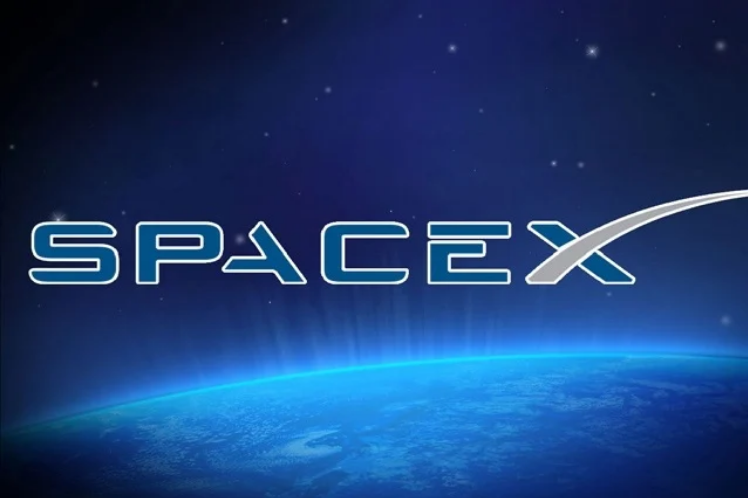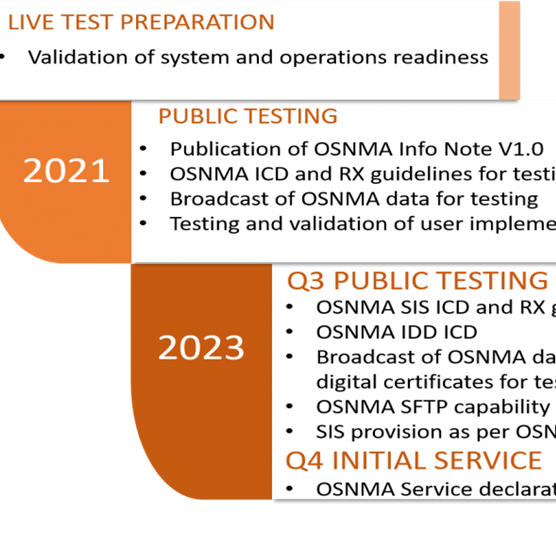With the Ariane 5 retired, the development of the Ariane 6 delayed, and the Soyuz usage revoked, the European Space Agency (ESA) looks to SpaceX to launch its last batch of Galileo satellites.
For the past 25 years, ESA has relied on the Ariane 5 launchers to provide a European heavy lift capability. As such, the Ariane 5 has been used three times to carry a total of twelve Galileo satellites to orbit. The Ariane 5 has had a successful track-record, but after 25 years of service, it retired on the 5th of July 2023.
To keep up with competition, Arianespace is developing a next-generation Ariane 6, which is meant to replace the Ariane 5. Unfortunately, the development of the Ariane 6 has not been a smooth ride, with the program facing various delays. As of today, the first Ariane 6 launch is planned in April 2024, which means that ESA has severely limited launch capability for the coming time.
Of course, besides the Ariane, the Galileo program relied heavily on the Russian supplied Soyuz-ST, which has been used for eight launches of Galileo, carrying two satellites each lift. However, due to the Russian sanctions, the usage of Soyuz launches from French Guiana has been revoked in 2022.
As a result, Europe does not have the launch capability to place Galileo satellites in orbit. Meanwhile, there are still ten Galileo FOC satellites to be launched in the next two years: GSAT0225 to GSAT0234. To maintain the performance of the Galileo system, it is crucial that satellites are continuously added to the constellation.
According to a Wall Street Journal report, ESA has now made a deal with SpaceX, to provide two Falcon-9 launches, adding a total of four satellites to the Galileo constellation. As the satellites contain a secret governmental navigation service, an ad-hoc security requirement is required with the United States to protect the integrity of the satellites and the Galileo program.
Sourcing the much-required launches from SpaceX is controversial as the CEO Elon Musk, is under scrutiny over content moderation on X. In addition, relying on the US for access to space undermines the idea of European autonomy when it comes to access to space and the development of Galileo. As such, the European Commission will still have to give approval for this deal. It is “likely” that this will happen before the end of this year.




